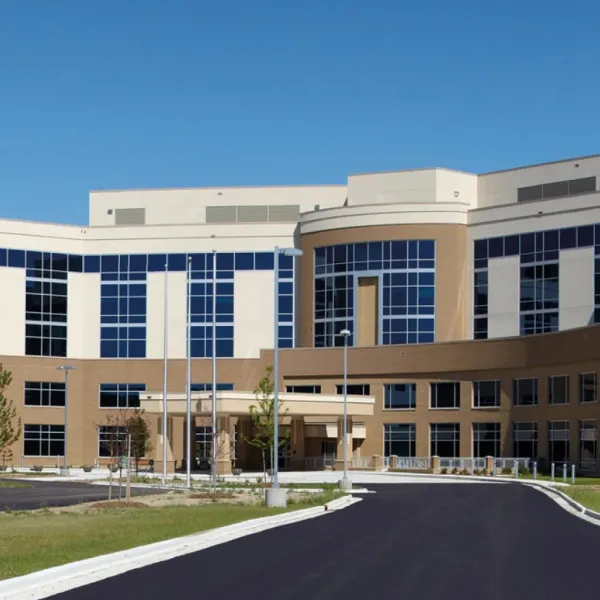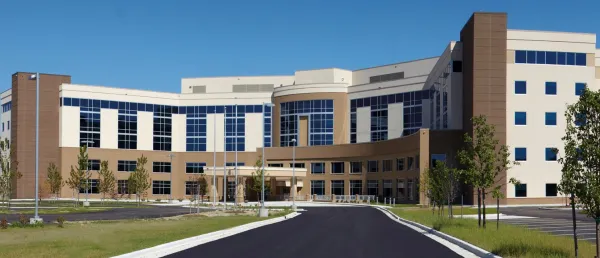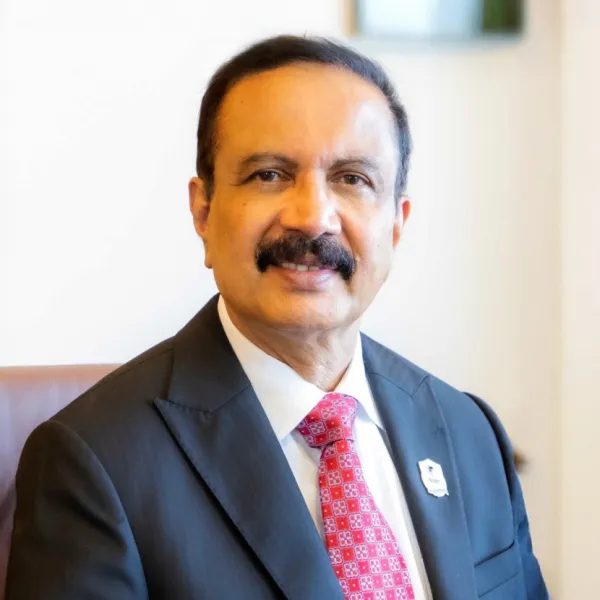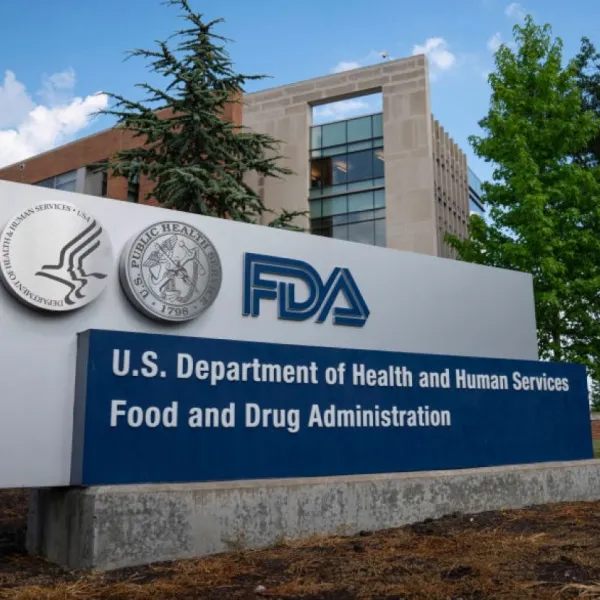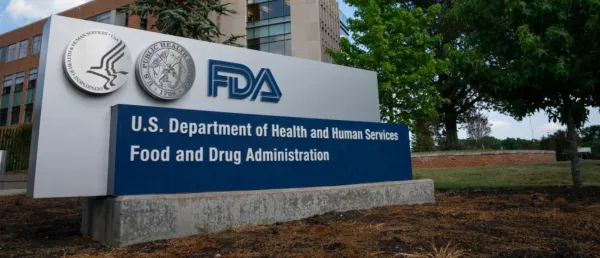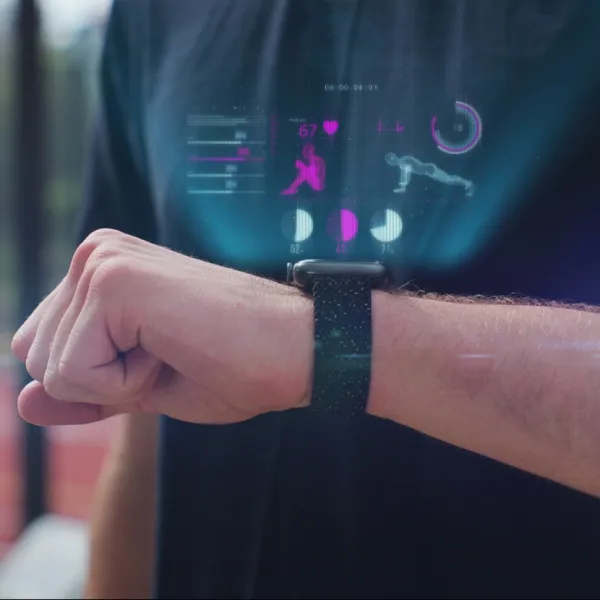Salesforce & Epic Battle for Healthcare CRM Supremacy

While Salesforce has steadily made inroads into healthcare since 2015, Epic is leveraging its established presence in electronic health records (EHR) to push its CRM solution, Cheers, as a powerful tool for healthcare systems.
As customer relationship management (CRM) systems become essential tools for healthcare providers, Salesforce and Epic are emerging as key players in the race to dominate the market.
While Salesforce has steadily made inroads into healthcare since 2015, Epic is leveraging its established presence in electronic health records (EHR) to push its CRM solution, Cheers, as a powerful tool for healthcare systems.
Epic’s CRM product, Cheers, introduced two years ago, has quickly gained traction among healthcare systems already using Epic’s EHR system. Approximately half of Epic’s EHR customers have adopted the Cheers tool, which enhances call centre operations by providing staff with a patient’s medical history, facilitating better customer service.
Around a quarter of Epic’s customers also use the product to create targeted marketing campaigns aimed at improving patient engagement and retention.
Sam Seering, product manager at Epic, highlighted the growing demand for integrated CRM systems in healthcare. He noted that health systems typically take up to 12 months to integrate a CRM product from a different vendor, a challenge Epic aims to resolve with its more streamlined solution.
“Epic’s Cheers is designed to integrate seamlessly with our EHR, offering health systems a faster, more efficient way to manage patient relationships,” Seering said.
Salesforce’s Healthcare Strategy
Salesforce, meanwhile, is not new to the healthcare scene, having targeted the industry since 2015. The company has been expanding its suite of AI-driven products designed to improve patient engagement. These tools help healthcare providers verify benefits, book follow-up appointments, and assist patients in finding suitable providers.
Amit Khanna, Senior Vice President and General Manager of Health at Salesforce, believes the growing interest in CRM systems within healthcare underscores the company’s early vision. “We said that healthcare needs CRM, so I think [EHR and other types of companies] coming to the CRM world is actually very, very good from a market perspective,” Khanna stated.
Salesforce has made notable progress in integrating its CRM product with various healthcare systems, focusing on user experience and AI capabilities. The company continues to push for greater adoption of its solutions across the healthcare sector, positioning itself as a leader in healthcare-specific CRM tools.
How Healthcare Systems Are Choosing CRM Tools
The decision between Salesforce and Epic often comes down to budget and the level of integration required. Healthcare providers such as Northwell Health, Nebraska Medicine, and Tampa General Hospital are adopting different approaches based on their needs.
Northwell Health, based in New Hyde Park, New York, chose a hybrid approach, combining Epic’s EHR with Salesforce’s CRM system. The health system plans to integrate these tools to streamline patient engagement and improve overall user experience.
“Epic is a fantastic electronic health record, and they have [an] incredible amount of additional functionality that we are using,” said Joseph Moscola, Executive Vice President of Enterprise Services at Northwell Health. “But just when it comes to this, I mean CRM is all Salesforce does.”
Nebraska Medicine, which began using Salesforce CRM in 2019, is using it to create more personalised experiences for patients. The health system targets specific patient groups with tailored communications, such as sending preventative lung screening emails to individuals with a history of smoking.
Alison Freemyer, Manager of Marketing Operations at Nebraska Medicine, said, “Today, people expect health systems to care about them really deeply, to know them really well and to provide really personal experiences equal to the types of experiences other types of organizations and companies provide.”
Tampa General Hospital, on the other hand, chose Epic’s Cheers CRM after evaluating several options. The hospital, which already uses Epic’s EHR, was drawn to Cheers’ seamless integration and lower costs.
“We found Epic delivered similar functionality at a lower cost and had a faster deployment time and was more closely integrated into existing workflows,” said Dr Peter Chang, Senior Vice President and Chief Transformation Officer at Tampa General Hospital.
Stay tuned for more such updates on Digital Health News







